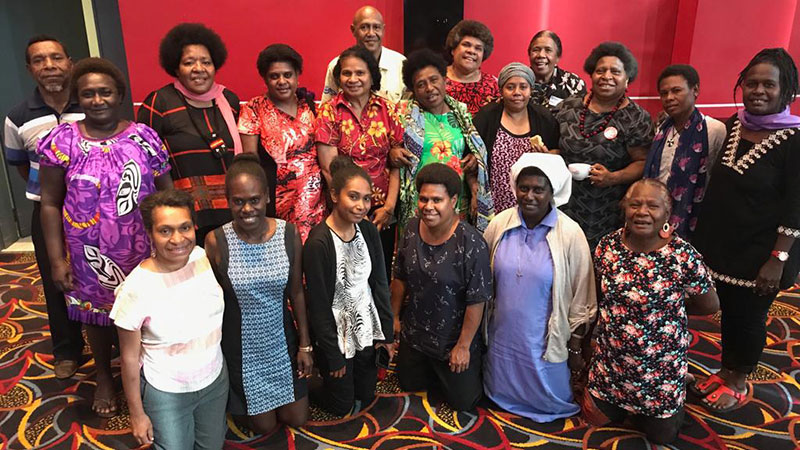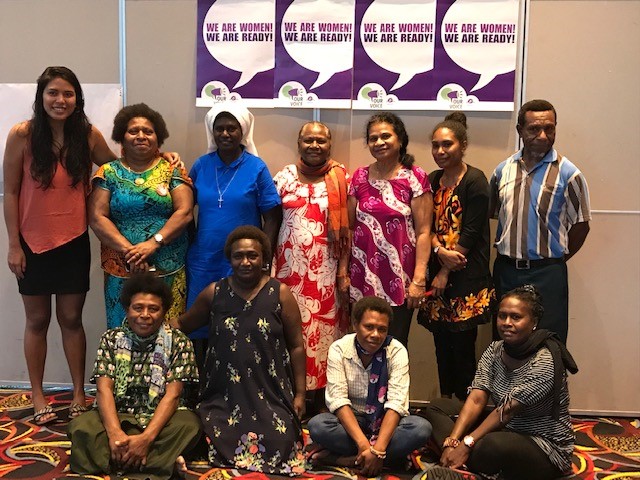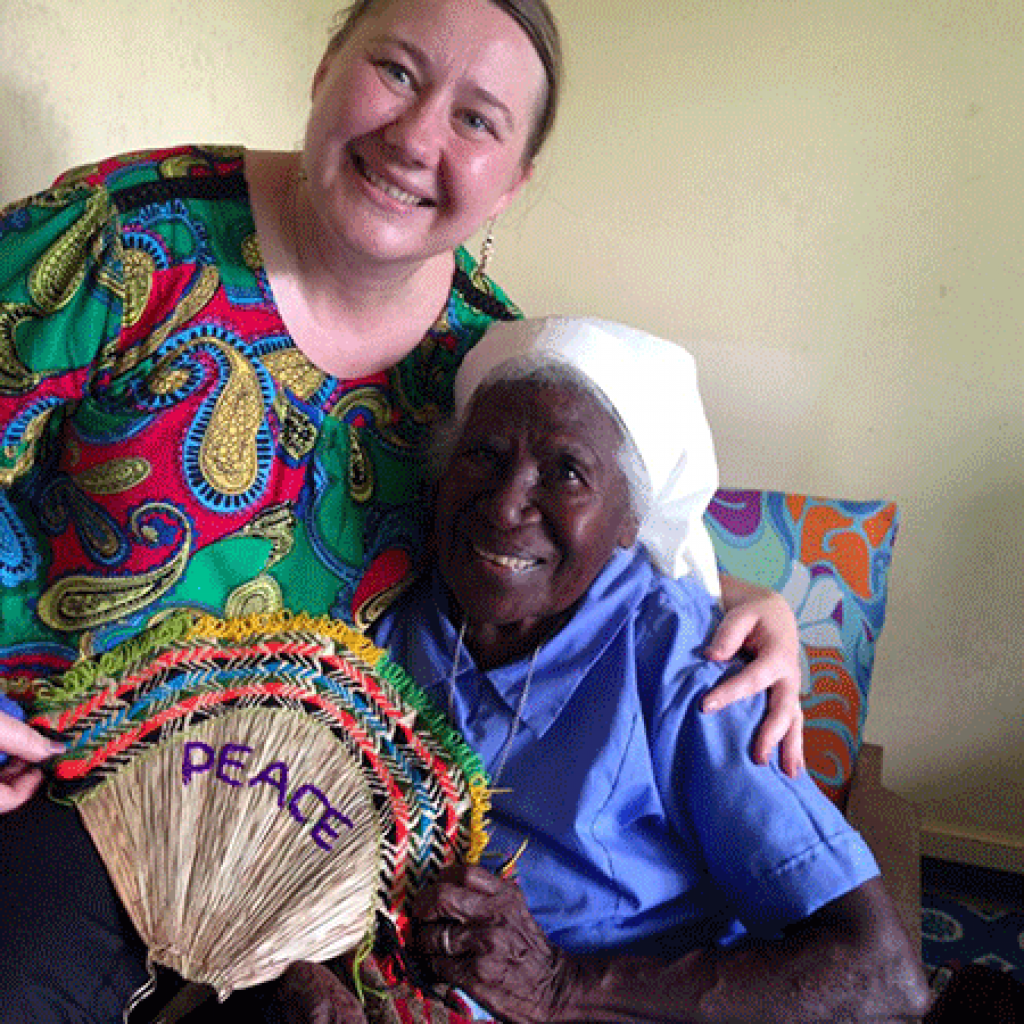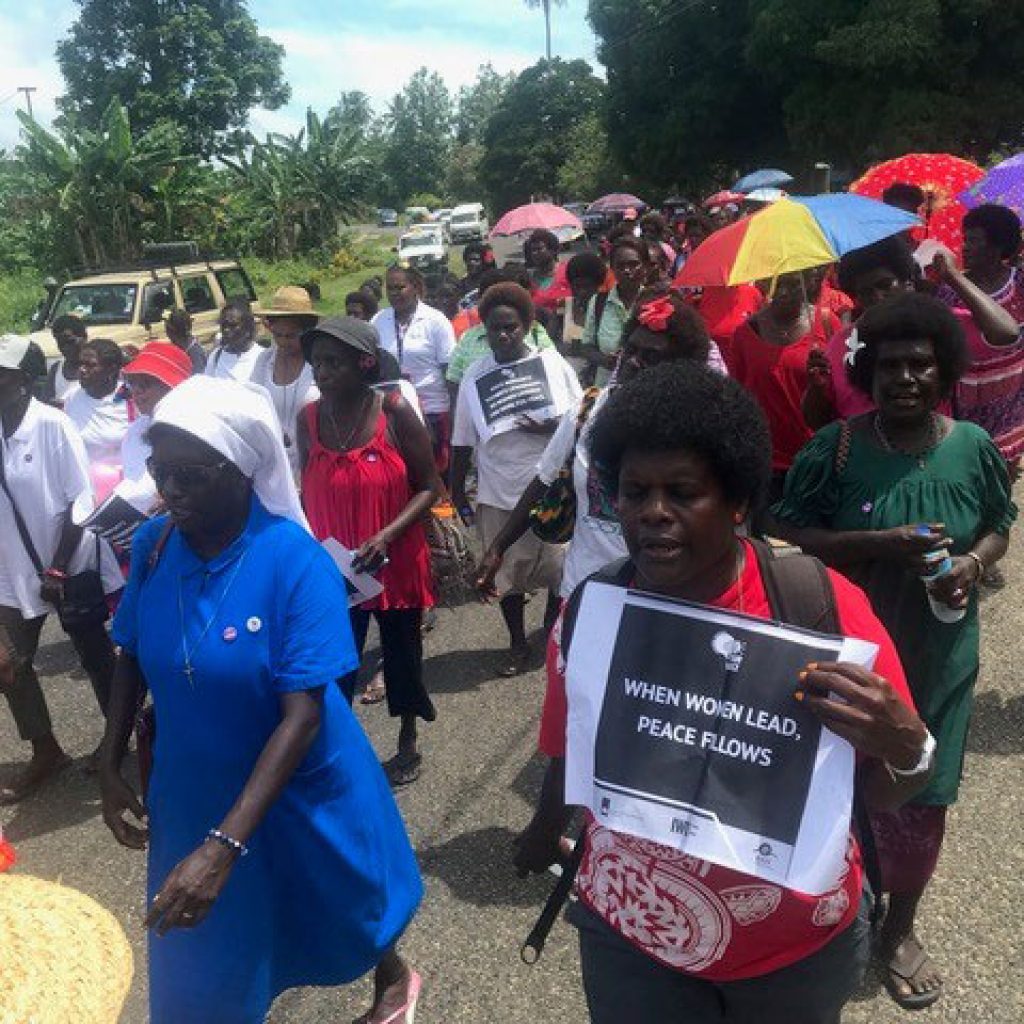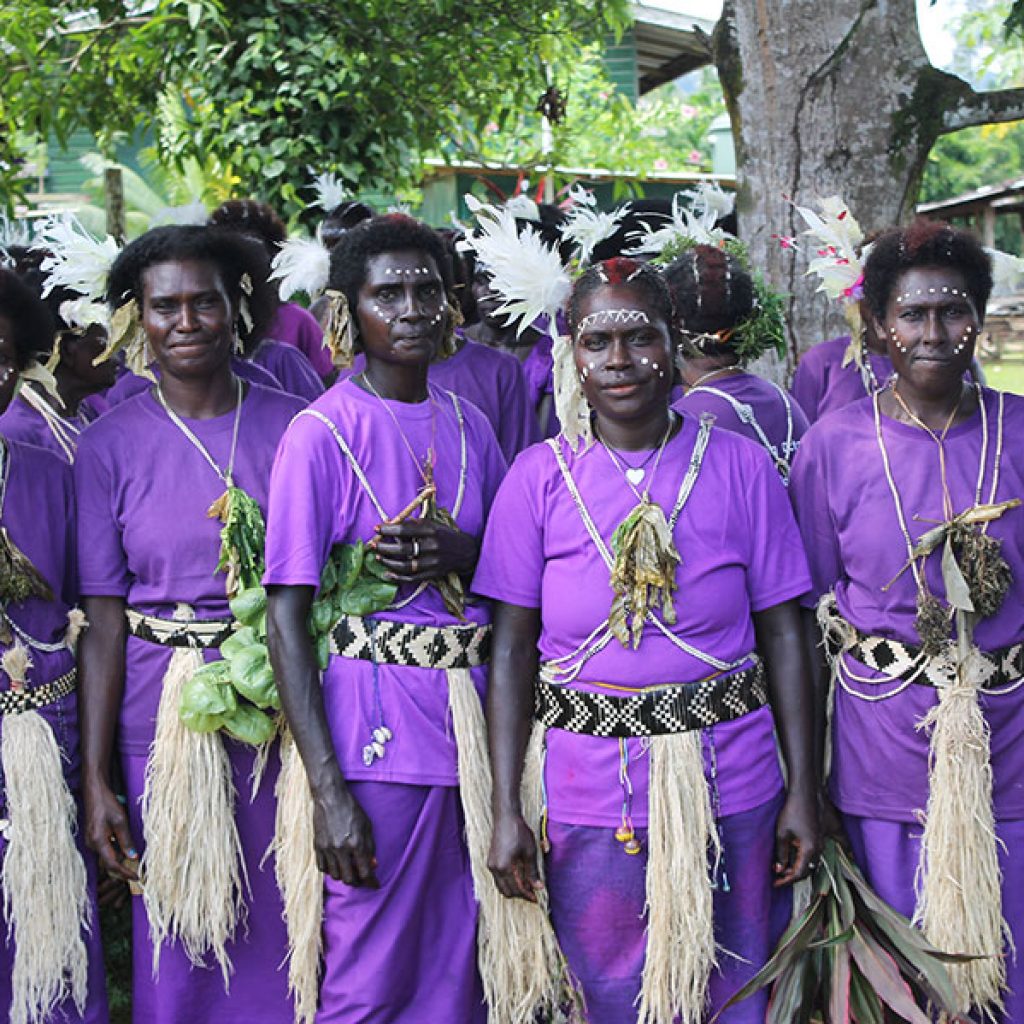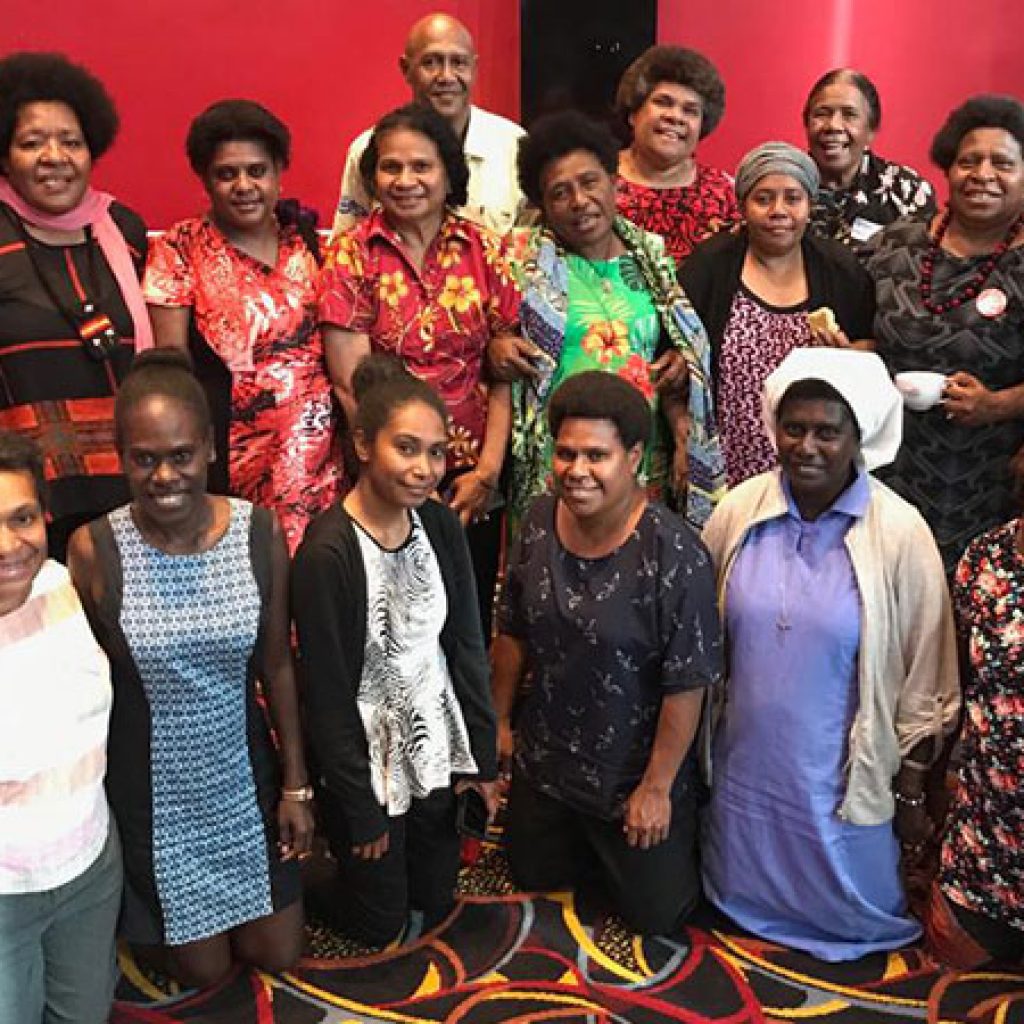
WAVE: PNG Civil Society Calls for CEDAW Report
Representatives from five IWDA partners in Papua New Guinea have come together to ensure their country is held to account on progress towards gender equality and rural women’s voices are heard.
Today is the 40th anniversary of the Convention on the Elimination of All Forms of Discrimination Against Women (CEDAW). CEDAW is often described as the ‘international bill of rights’ for women. Adopted on 18 December 1979 on the basis that gender equality is a human right, the Convention’s 30 Articles outline the key principles of equality and establish an agenda for national action to end discrimination against women. Under CEDAW, women are guaranteed equal protection across all aspects of their lives, and equality of access to education, the law, political power and representation, economic resources, social security, health care and employment.
Forty years later, CEDAW is used by women’s movements around the world to hold their nations accountable to their commitments to gender equality. In October, WAVE Cambodia partners presented to the CEDAW Committee in Geneva and advocated for a number of recommendations around women’s leadership. This opportunity was rare and important for the progression of women’s rights in Cambodia, but was only possible because the Royal Government of Cambodia submitted their country report in line with the four-year requirement. State Party reports allow NGOs to submit shadow reports and attend examinations to inform and influence the committee to make specific observations and recommendations for change.
In CEDAW’s 40 years the Government of Papua New Guinea has only submitted one report to the United Nations Committee – in 2009. Papua New Guinea’s civil society organisations recognise that this is a problem, and in August five organisations were brought together as part of IWDA’s Women’s Action for Voice and Empowerment program (WAVE) to recommit to their work to end discrimination against women.
Representatives from Voice for Change, Eastern Highlands Family Voice, Wide Bay Conservation Association, Bougainville Women’s Federation and Nazareth Centre for Rehabilitation came together to set a plan to strengthen Papua New Guinea’s engagement with CEDAW processes and to ensure that rural women’s voices and experiences are heard.
“In CEDAW’s 40 years the Government of Papua New Guinea has only submitted one report to the United Nations Committee”
Today, the above-mentioned organisations collectively encourage the government of Papua New Guinea to work with rural women’s groups to uphold women’s rights and report their work to the world. While the government has taken many positive steps to improve women’s rights in Papua New Guinea, rural based women and girls miss out on basic services due to lack of information, infrastructure or gendered stereotypes. This gap can be resolved by working with women’s civil society in Papua New Guinea and participating in CEDAW reporting processes so expert recommendations for change can be documented and carried forward.
WAVE stands with our partners in Papua New Guinea in their work to strengthen women’s rights in their communities through international frameworks like CEDAW. We will continue to support their efforts through advocacy training, CEDAW reporting assistance and establishing spaces where women can come together and plan their next actions.
Women’s Action for Voice and Empowerment (WAVE) is a ground-breaking civil and political participation program that brings together and supports women, organisations and movements in Asia and the Pacific region to increase the representation of women in diverse leadership positions. WAVE is funded by the Government of the Netherlands.



